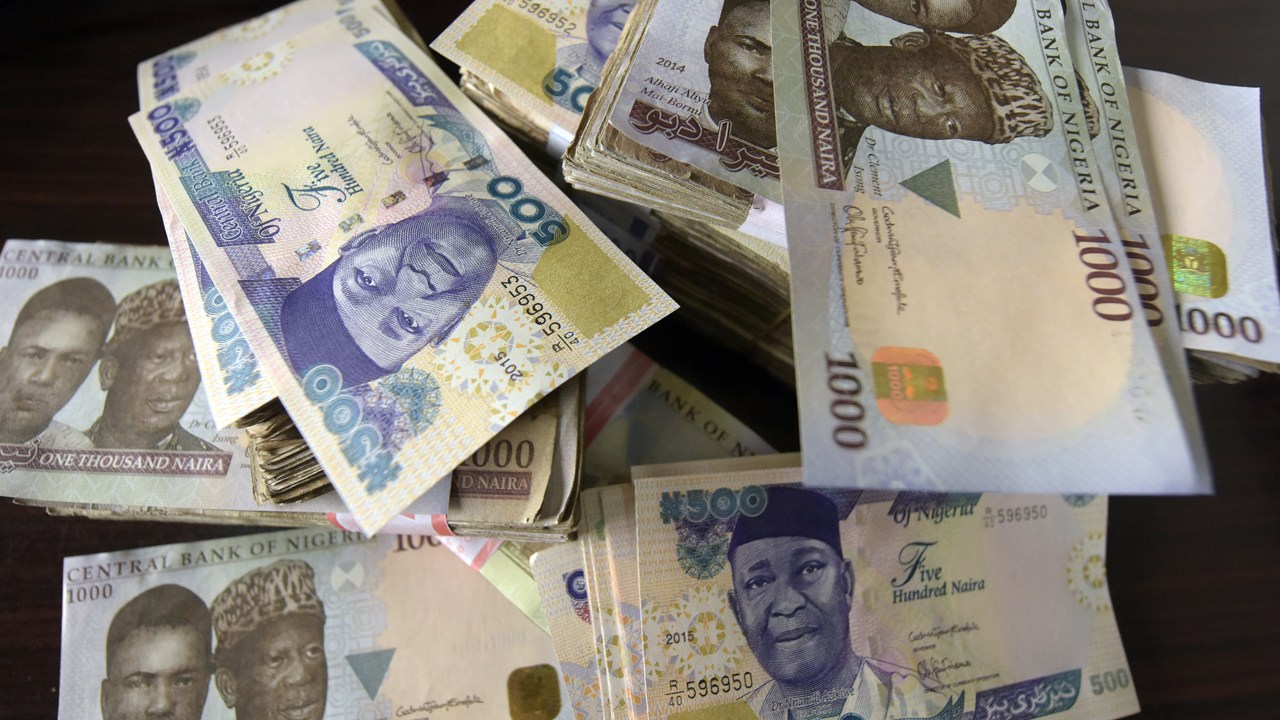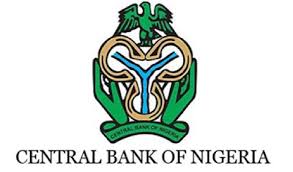The total amount of physical cash circulating outside Nigeria’s formal banking system declined once again in April 2025, sliding to N4.57 trillion from N4.60 trillion recorded in March. This development, confirmed in the latest data released by the Central Bank of Nigeria, comes against the backdrop of sustained monetary tightening by the apex bank.
The drop in cash held outside banks underscores the continued impact of the CBN’s policy stance, particularly its decision to retain the Monetary Policy Rate at 27.5 per cent during its May 2025 Monetary Policy Committee meeting. This marks the second consecutive monthly drop this year and signals that ongoing efforts to mop up excess liquidity in the economy are gradually taking effect.
Although the April figure still represents a significant 26.8 per cent increase year-on-year, compared to the N3.61 trillion recorded in April 2024, the N26.4 billion month-on-month decline from March 2025 points to a strengthening of liquidity controls and a gradual shift in cash-handling habits across the country.
The recent dip also signals a return to the downward trajectory observed earlier in the year. Currency outside the banking system had peaked in December 2024 at N5.13 trillion during the festive season, a period traditionally marked by heightened cash transactions. That surge was short-lived, however, as the figure dropped sharply to N4.74 trillion in January 2025. February saw an even steeper contraction, falling to N4.52 trillion, before a modest uptick in March.
April’s return to a downward path suggests that the brief March rebound was more of an anomaly than the beginning of a new trend. Since December 2024, currency outside banks has now dropped by a cumulative N555 billion, representing a 10.8 per cent contraction. This decline reflects growing traction in the CBN’s liquidity management tools and a tightening grip on cash in the informal sector.
In April 2025, total currency in circulation stood at N5.01 trillion, of which N4.57 trillion, approximately 91.1 per cent, remained outside banks. This ratio, while still extremely high by global standards, is a slight improvement from the 91.9 per cent recorded both in March 2025 and April 2024. Though marginal, the shift is symbolically important as it indicates early signs of changing financial behaviour among Nigerians.
Analysts suggest that more Nigerians may now be adopting formal banking habits or switching to cashless alternatives such as mobile money platforms, point-of-sale (PoS) terminals, and digital transfer services. These behavioural shifts align with the CBN’s broader agenda to deepen digital financial inclusion and reduce reliance on physical cash.
The slight increase in cash being absorbed by deposit money banks also supports efforts to enhance monetary policy transmission. With reduced cash floating in the informal economy, inflationary pressure may continue to ease, offering the apex bank room to maintain its current rate stance without pushing for further tightening in the near term.
Despite these modest gains, challenges persist. The reality remains that over 91 per cent of Nigeria’s total currency is still circulating outside the banking system—a figure that ranks among the highest globally. This not only undermines the effectiveness of monetary policy but also poses serious limitations to fiscal transparency and the fight against corruption.
Nonetheless, the continued decline in currency held outside banks and the growing adoption of electronic channels may be early indicators of progress in CBN’s effort to modernise Nigeria’s payment landscape and entrench financial discipline in an economy long dominated by informal cash transactions.







